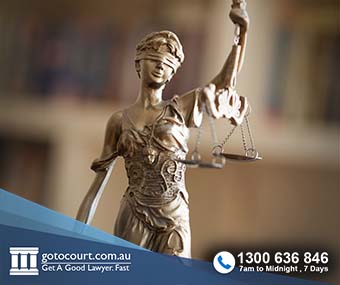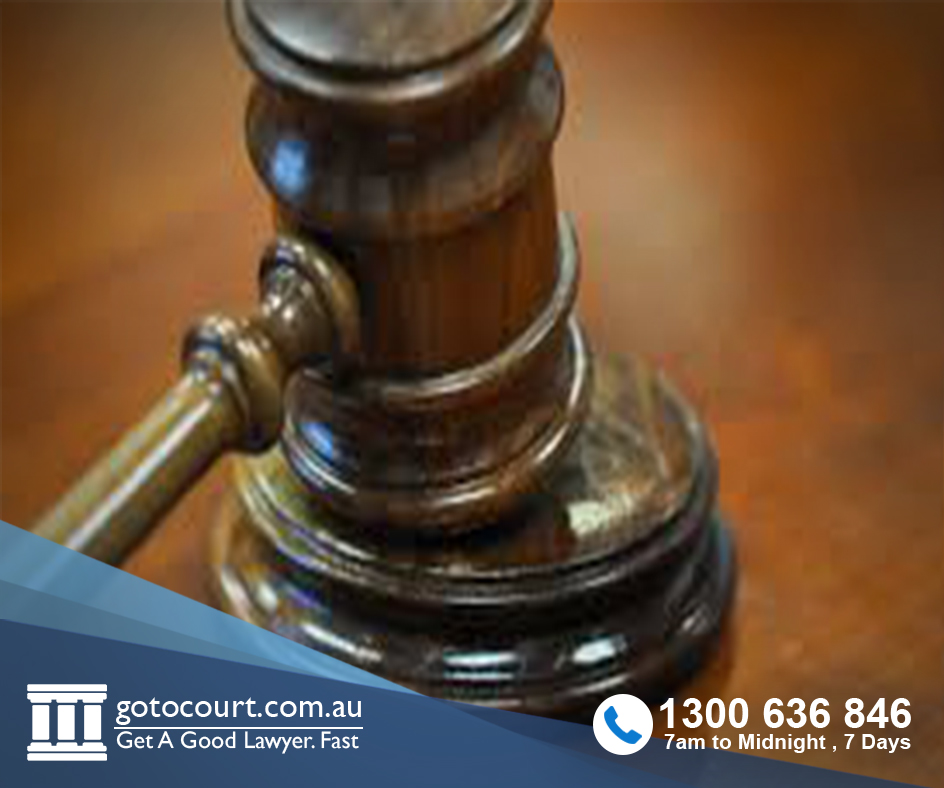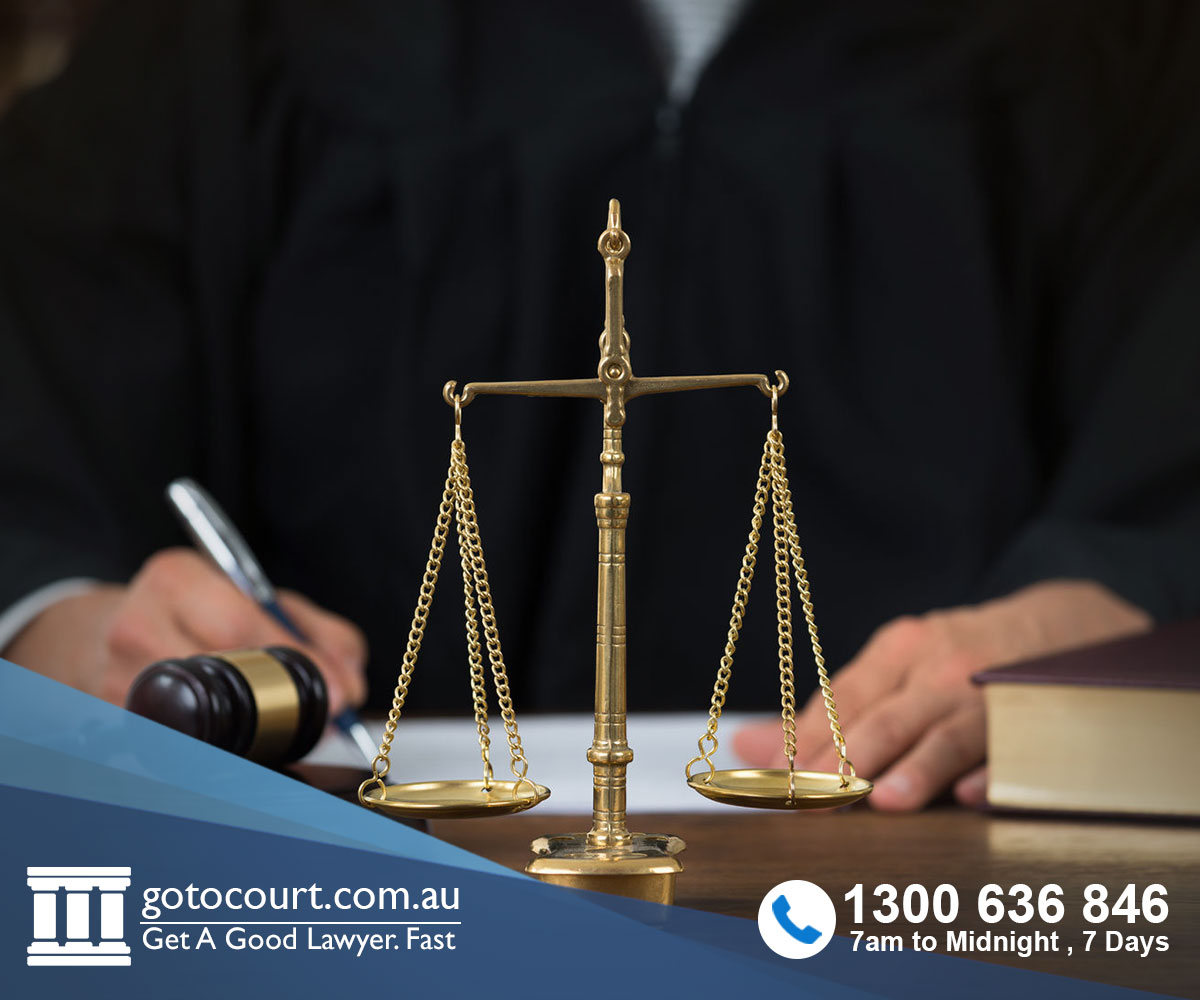The Criminal Trial Process In WA
Offences and Courts
Defending a charge in a criminal trial can be a very daunting experience, particularly when the person charged is unfamiliar with the criminal justice system. Trials can be heard in the Magistrates, District, or Supreme Court. The court in which a trial is heard usually depends on the severity of the offence.
For example, in Western Australia the charge of Common Assault is a ‘summary’ offence; this means that it can only be heard in the Magistrates Court. The charge of Assault Occasioning Bodily Harm is an ‘either way’ offence, which means that it can be heard either in the Magistrates Court or District Court. A charge of Grievous Bodily Harm is a purely ‘indictable’ offence which means that it can only be heard in the District Court on ‘indictment’. Murder, Attempted Murder, and Manslaughter will be heard in the Supreme Court as these are the most serious of all crimes.
Early Trial Process
Once the Defendant enters a plea of Not Guilty, their matter will usually be remanded to a ‘trial listing date’. On this list, the matter will be allocated the earliest available date for trial. The length of a criminal trial depends on many things, including the seriousness of the offence; how many charges have been laid against the accused; and how many witnesses are scheduled to be called to give evidence. It may take up to a year before a particular matter comes to trial. However, the earlier the accused receives legal advice, the better informed they will be leading up to the trial and on the day of the trial.
As the trial date approaches, the Prosecution will provide the Defence team with ‘disclosure’. ‘Disclosure’ is, in simple terms, the totality of the documentary evidence that supports the Prosecution case against the Defendant. It includes (but isn’t limited to) images, statements, affidavits, and forensic reports.
Disclosure is automatic for ‘either way’ offences and indictable offences. However, for summary offences, the defence lawyer is required to ask the Magistrate for an Order for Disclosure. The Magistrate has the discretion to decide whether disclosure is appropriate in the circumstances. Once the Defence has disclosure, they will be able to determine the strength of the Prosecution’s case against their client.
Trials in the District and Supreme Court can be lengthy and are generally too complex for a short discussion. For simplicity’s sake, a discussion on what happens in a Magistrates Court trial will suffice. It is important to note that there will not be a jury in any Magistrates Court trial – the Magistrate will be the judge of both fact and law.
Prior to and during a trial, the accused person is considered innocent until proven guilty. In a criminal trial, the prosecution has the burden of proving every element of the offence ‘beyond a reasonable doubt’. The expression ‘beyond a reasonable doubt’ loosely means that the only logical explanation that can be derived from the facts is that the accused person committed the crime.
The Criminal Trial Process
A criminal trial will begin with the Prosecution who will open their case and explain to the Magistrate what the case is about and what must be proven to establish guilt. The Defence will then advise the Court of any agreed facts, and where the Defence’s case parts ways with that of the Prosecution. In other words, what significant matters they disagree on.
The Prosecution will then call their witnesses. The witnesses will be asked to tell their version of events. Once they have done so, the Defence will cross-examine the Prosecution’s witnesses. The Prosecution then may re-examine the witnesses to clarify any issues that arose during the cross-examination.
Once all the prosecution witnesses have been called and cross-examined, the Prosecution may play a ‘video record of interview’. The video record of interview is a video recording of the interview the police had with the Defendant either at the police station or in the Defendant’s home or some other place.
Once the Prosecution has finished calling their witnesses and playing their video record of interview, it will then be for the Defence to call any witnesses.
It is always good to remember that an accused person does not have to give evidence in their own defence at a trial. No adverse inference can be drawn from an accused person refusing to give evidence, i.e. when the Accused refuses to testify in their own defence, that fact must not be taken as an indication of guilt or otherwise. There are many reasons why a person might not want to give evidence, including something as human as sheer terror at the prospect. This is ultimately a decision for Accused in consultation with their lawyer.
If the Accused does decide to give evidence, their lawyer will ask them to tell their version of events. Once the Accused has told their version of events, they will be cross-examined by the Prosecution. After the Prosecution has cross-examined the Accused, the defence may wish to re-examine the accused person to clarify anything that has arisen during cross-examination.
Once all witnesses have been called, the Prosecution will begin their closing submissions. They will summarise for the Magistrate all the strengths of their case and attempt to persuade the Magistrate why the person should be found guilty. The Defence will then make closing submissions and explain to the Magistrate all the strengths of their case and all the weaknesses in the Prosecution’s case.
After the Magistrate has heard all the evidence, she/he will decide on the facts and law. Finally, the Magistrate will then come to a decision based on all the evidence.
Summary
It is important that any person accused of a criminal offence receives sound legal advice prior to trial. It is crucial that the briefed lawyer makes the Accused aware of the strengths and weaknesses of their case and how best to prepare for the trial. The lawyer will need as much advance notice on this as possible, so they can prepare the best case. The Go To Court Lawyers Criminal Law Team is highly trained, experienced, and ready to assist any person charged with any criminal offence.
Call the Go To Court Lawyers criminal team on 1300 636 846 as soon as possible if you or someone you know has been charged with a criminal offence for the best possible defence.
This article is published for general information only and is not intended to provide specific legal advice. It is important that you consult with a lawyer to discuss your case specifically, rather than rely on general information as to the law.




